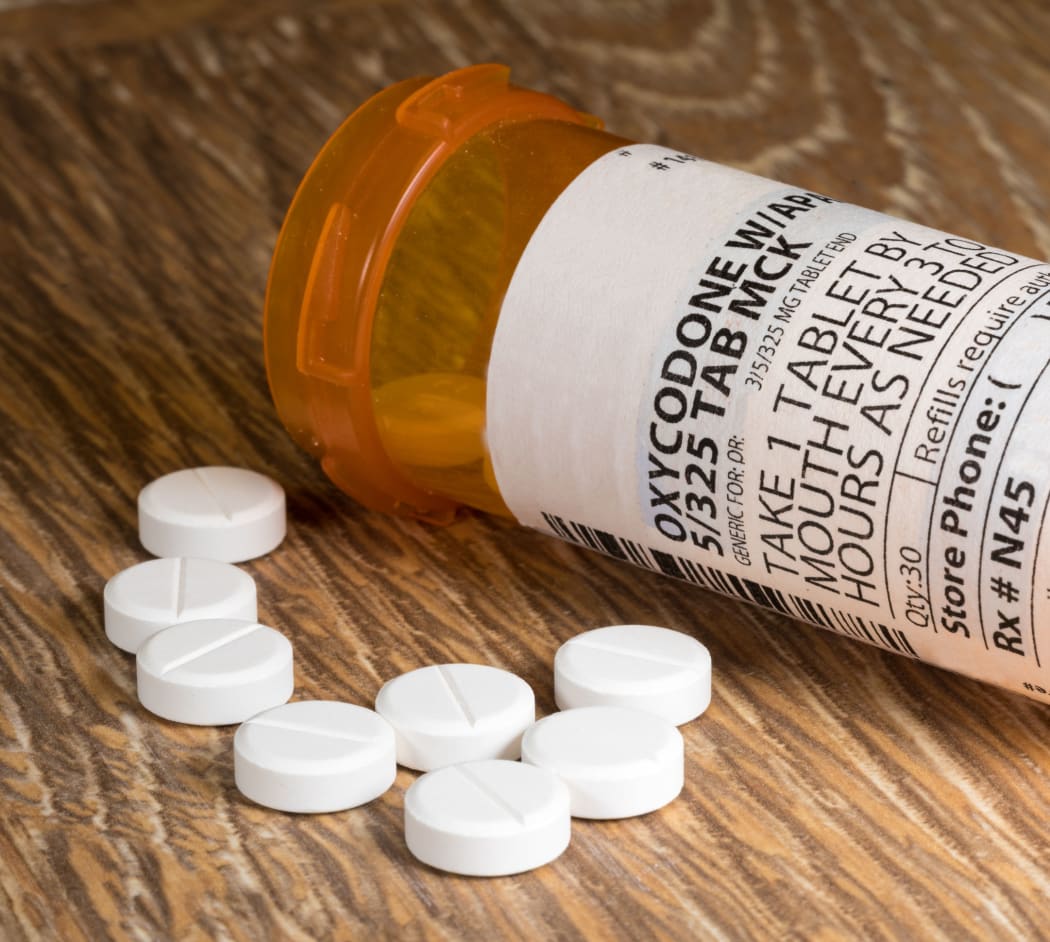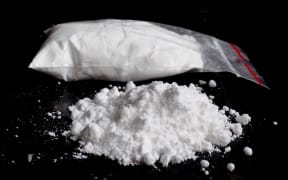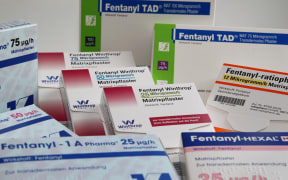There has been a tenfold increase in the number of people over 60 getting help for an addiction to opiate drugs.

Photo: backyardproduction/123RF
Figures released by the Ministry of Health show 530 people aged 60 or over are now getting what is called opioid substitution treatment.
Experts said there were likely to be many more who had a dependence but had not put their hand up for help.
Drugs in the opioid family include morphine, codeine, tramadol, fentanyl, methadone and the illicit heroin. Bar the latter, they are pain relievers and often given to patients after surgery or an accident.
However, some people develop an addiction to them, even when used under doctor's guidelines.
Royal New Zealand College of General Practitioners medical director Richard Medlicott said opioids worked well for pain relief but did pose some risk.
"We all know they're a double-edged sword: They're really good for acute pain - if you break your leg. They're not so good for chronic pain. Although some people find it works.
"In amongst that, some people get into trouble [with an addiction] but at the same time it can be a powerful tool."
Opioid Substitution Treatment (OST) helps manage people's dependence on the drugs, by giving them another safer opioid, often methadone, and then slowly reducing the amount taken, or so the person can function better.
Ten years ago, almost no one over 60 had opioid substitution treatment, with just 42 people using it in 2008, but it has increased every year since. The Ministry of Health said 530 people over 60 got treatment in 2017 - which is a 1200 percent increase.
Dr Medlicott said the increase could be a "demographic bulge" of people who were already in the OST scheme getting older and moving into the over-60s bracket. He said the other factor was likely more people asking for help for their addiction.
Drug addiction counsellor Robert Steinhuisen said dependence on opioids could come as a shock.
"They find themselves after a long period of use, or escalating quantities, that suddenly they are addicted to them and it was never the intention. What they then find - for some of them, not all of them - they then try wean themselves off and that becomes more difficult than they thought."
From 2008, the 45-59-year-old age group increased to 2800 people from 1573. Total numbers for all age groups rose 22 percent, to 5540.
Sue Paton, the executive director of addiction treatment association Dapaanz, said opioids could have a strong hook. Coming off them could be physically and emotionally difficult.
She said someone could experience sweats, cramps, and their body would ache.
"And the problem is, you know if you use an opiate you'll immediately feel better.
"It is quite difficult, but it can be managed. Lots of people have recovered from an opiate addiction, so it's not the end of the road."
Mr Steinhuisen said for every person getting treatment, another was putting it off - sometimes for decades. He said people often felt a sense of failure or shame about being addicted.
"Help-seeking remains a relatively rare phenomenon; most people battle on by themselves," he said.
"The point when they seek help is often 10 or 20 years after the onset of the problem."
Dr Medlicott said the risk opioids posed could be managed, and doctors were careful in prescribing.
"If you look at prescribing rates in New Zealand compared to … Australia, Great Britain, France and Germany, we're actually lower than most of those places. So yes, some people get into trouble, but do we have a big, national problem with this? No, we don't."
Opioids have been declared a national emergency in America by US President Donald Trump, where about 50,000 people die a year from opioids. Prescription opioids feature about as much as heroin overdoses.






